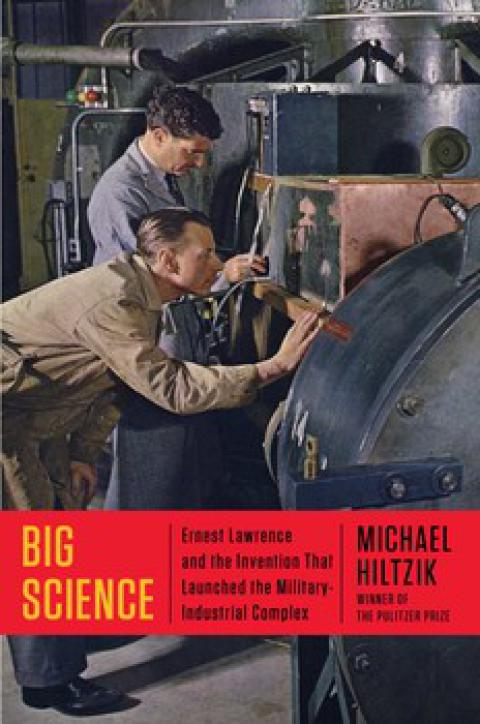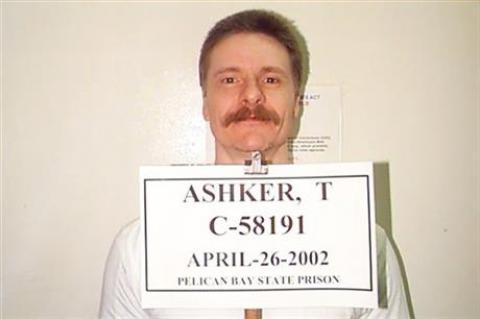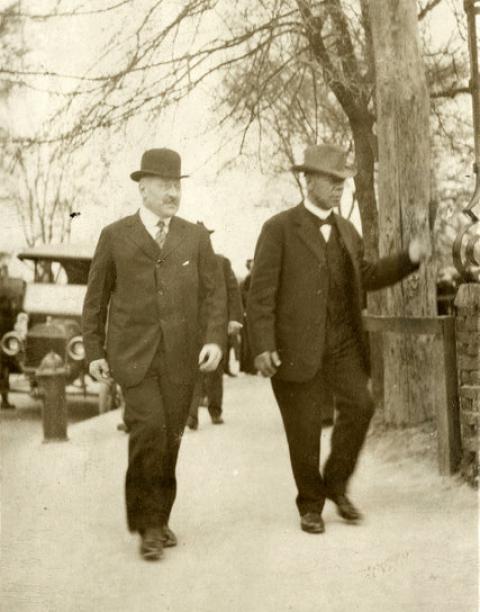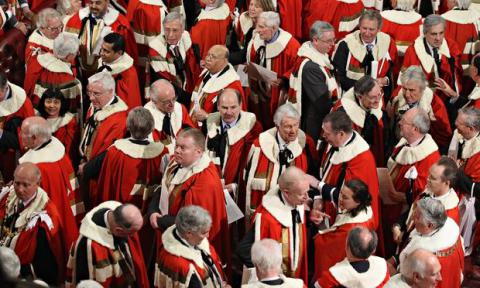Big Science: Ernest Lawrence and the Invention That Launched the Military-Industrial Complex
American Scholar

Ernest Lawrence was a leading member of the scientific community that invented the atom bomb. He was also a pioneer in the growth of the military industrial complex. Michael Hiltzik tells this history in his new book. Sam Kean observes in this review that "there is much to admire and much to mourn" here, as we continue to live with the complex legacy of Big Science three quarters of a century after its emergence.










Spread the word